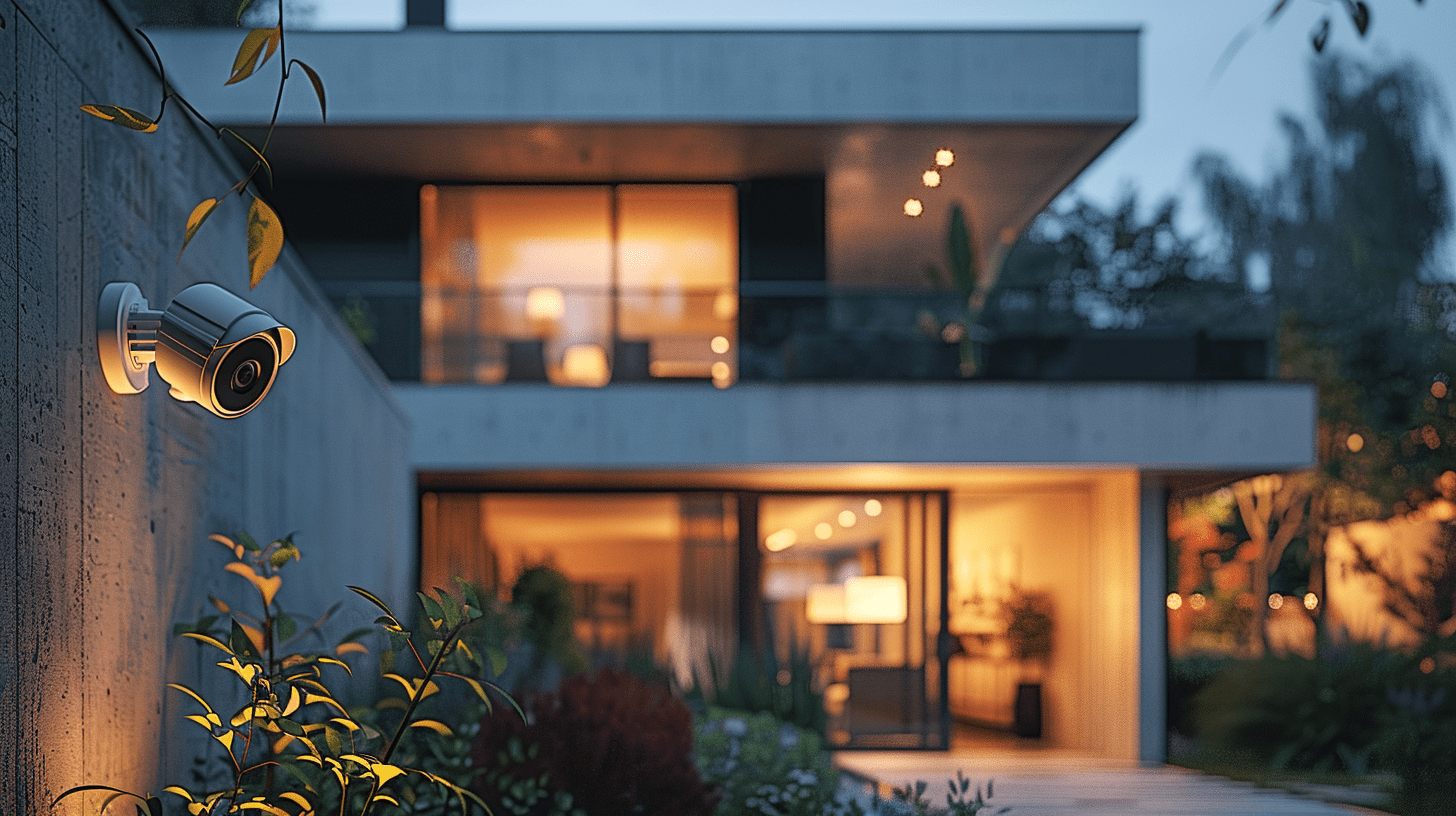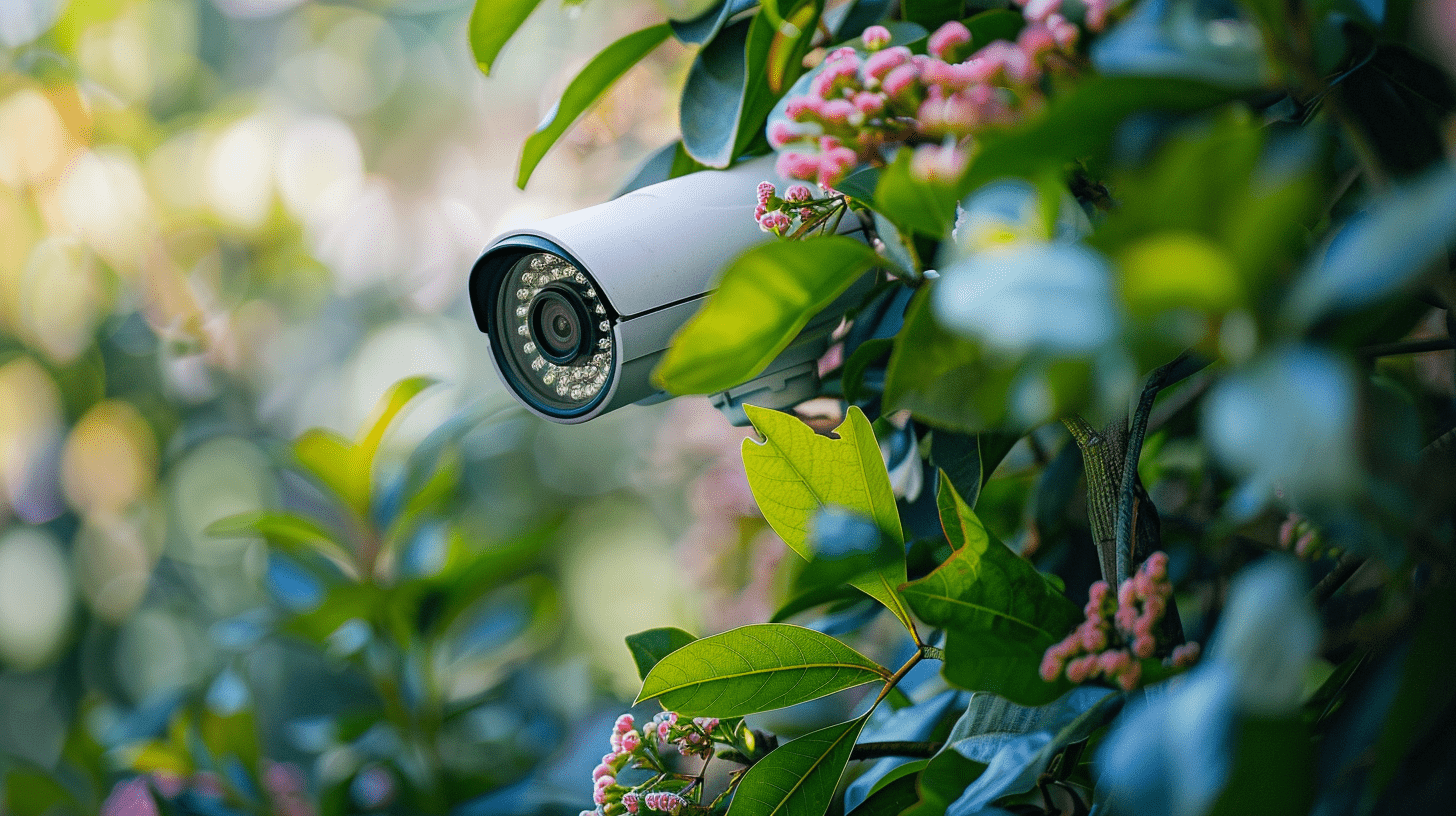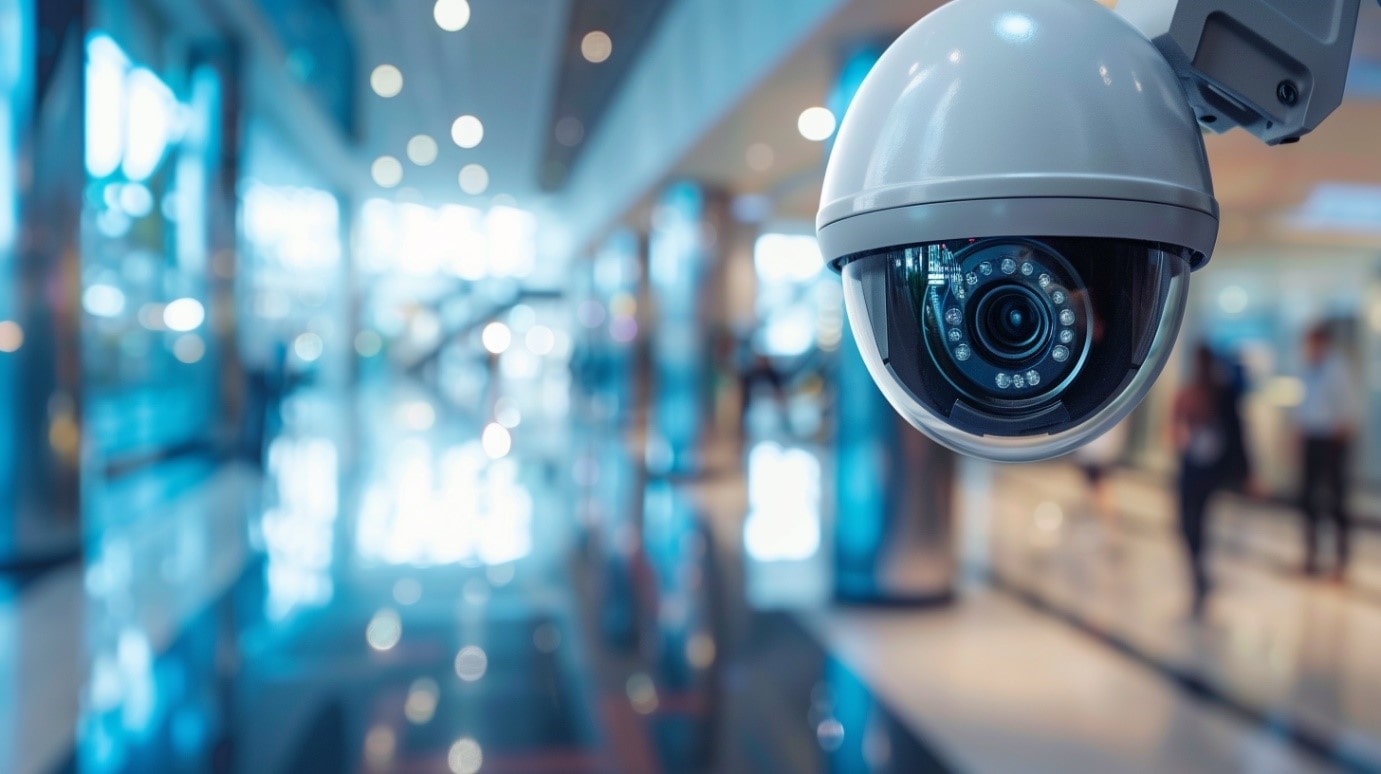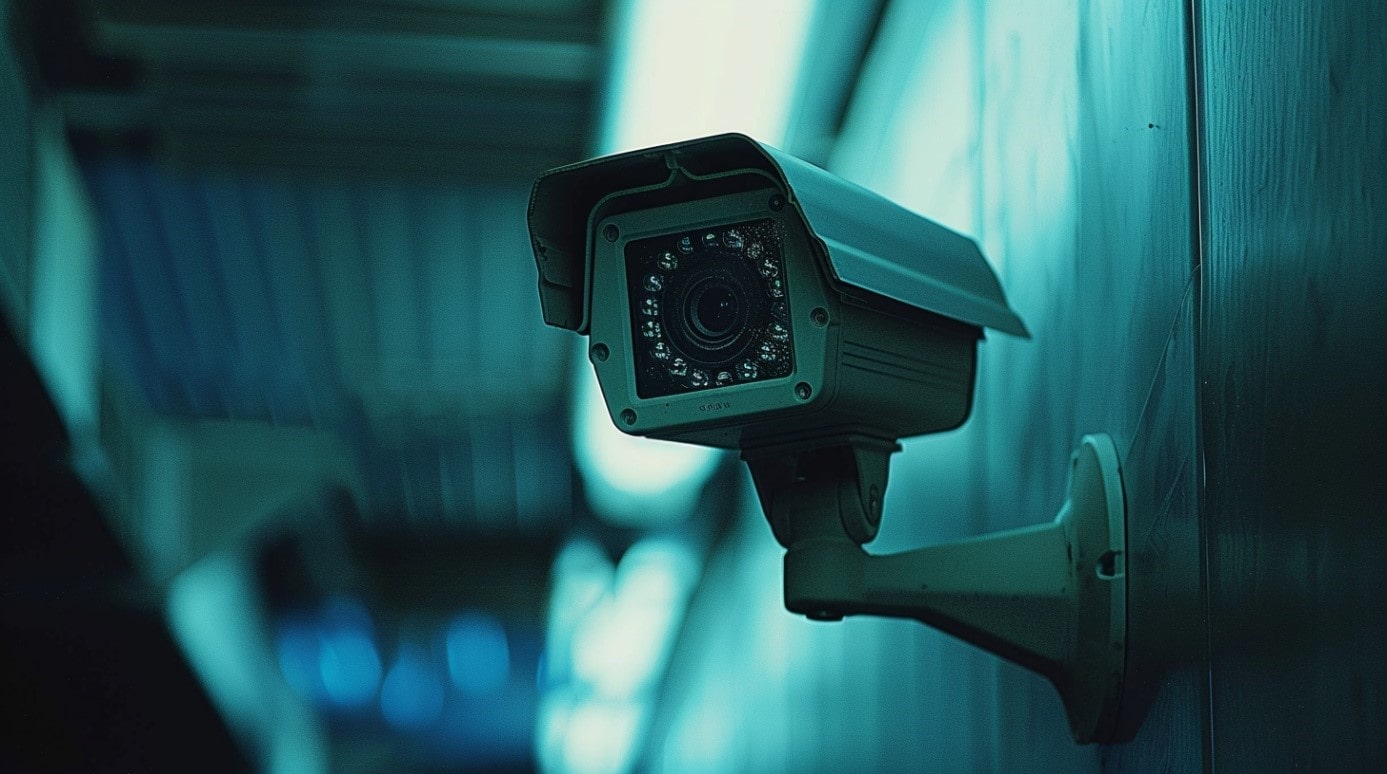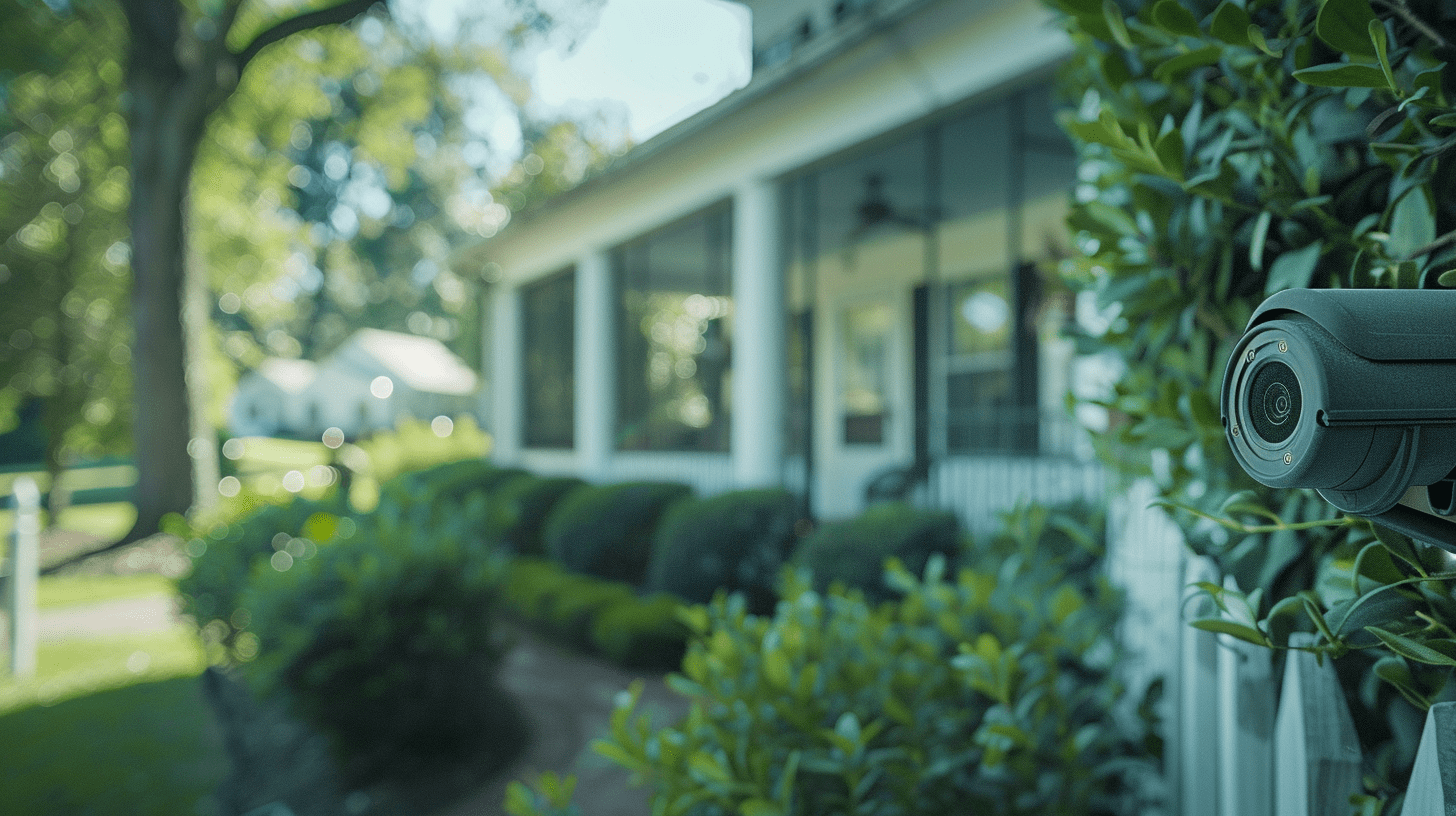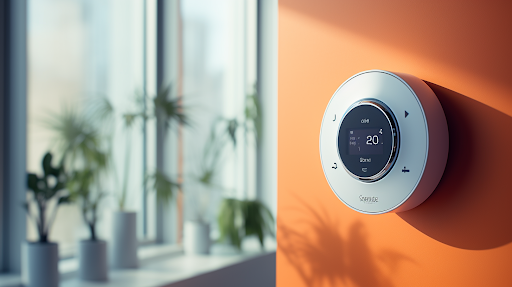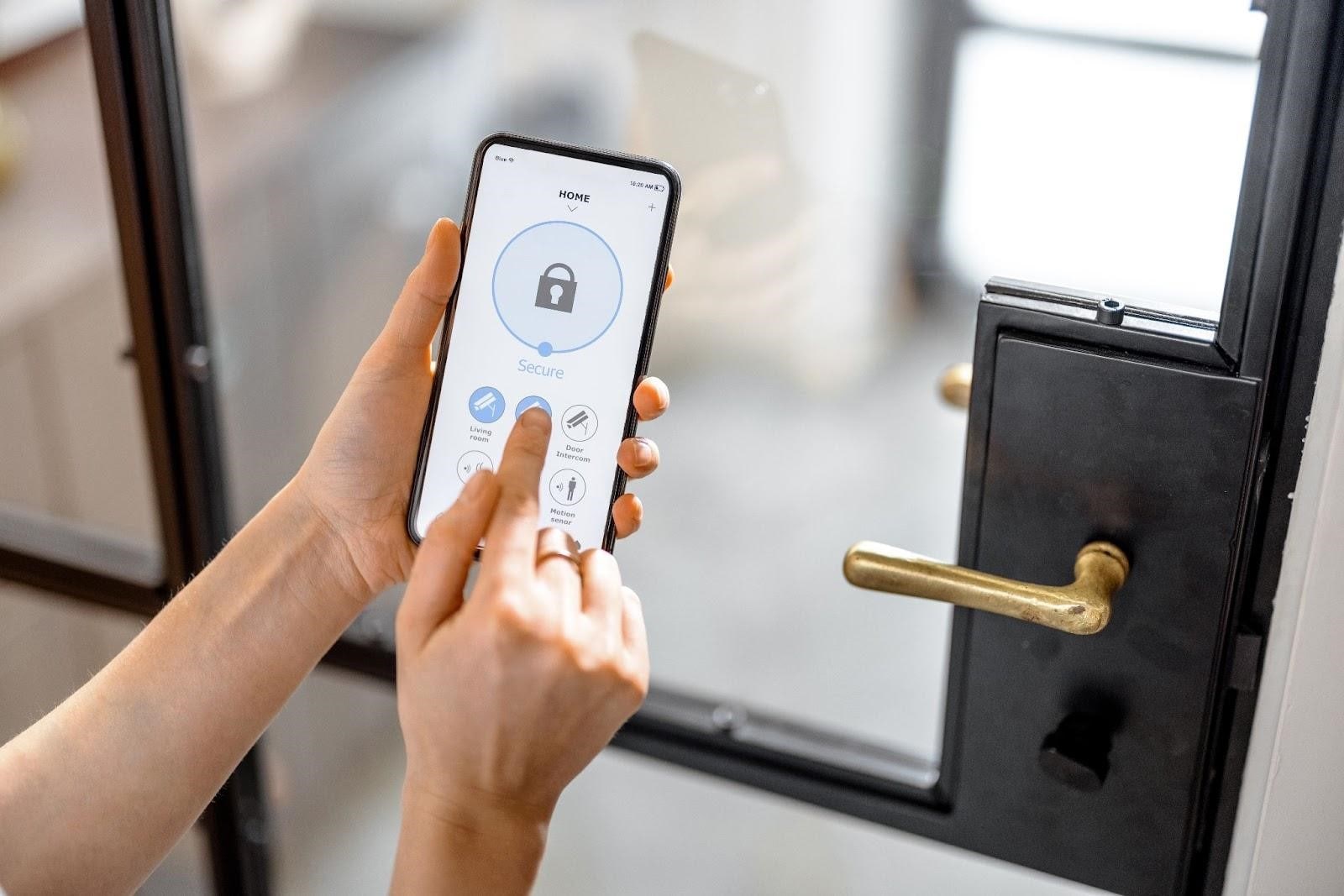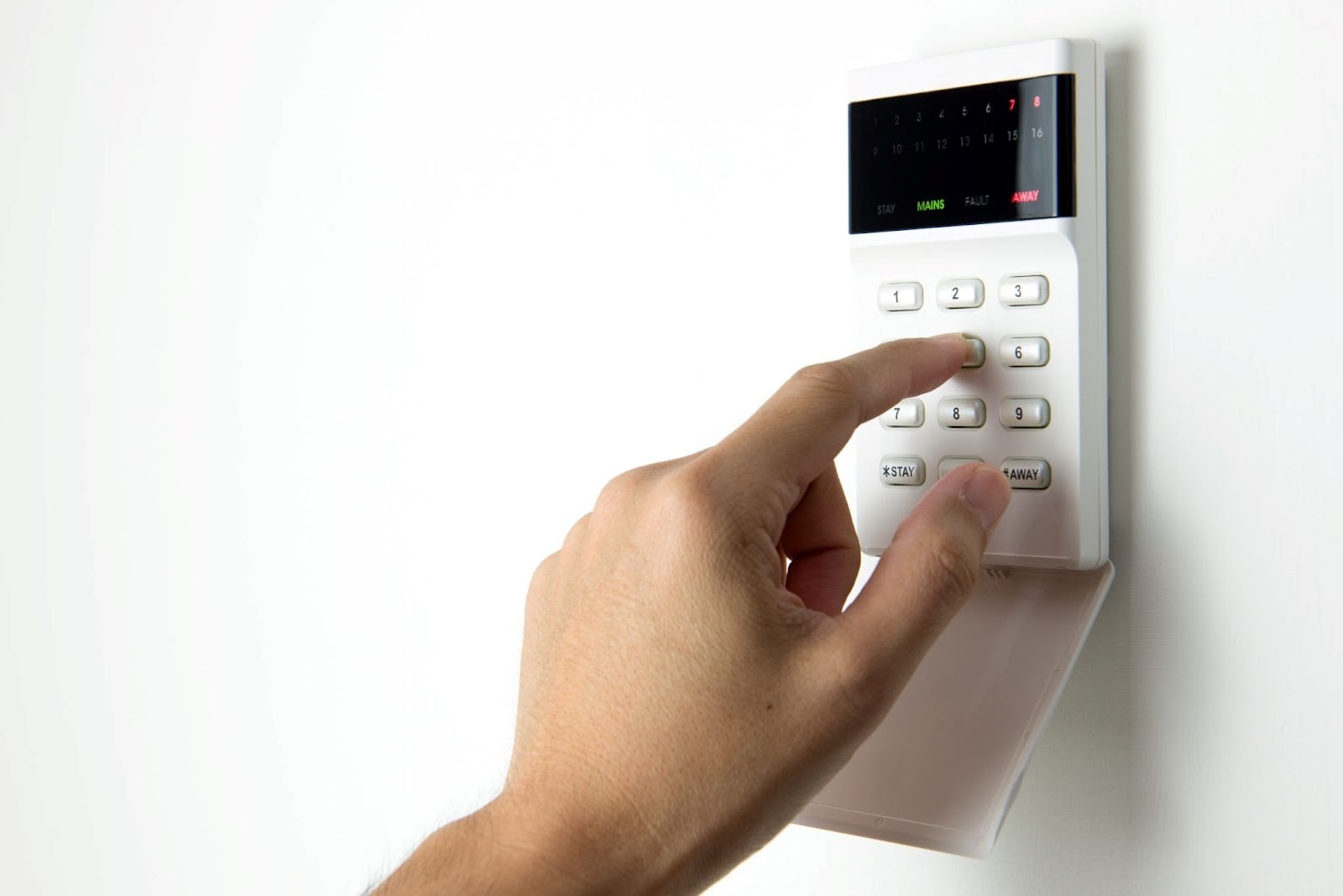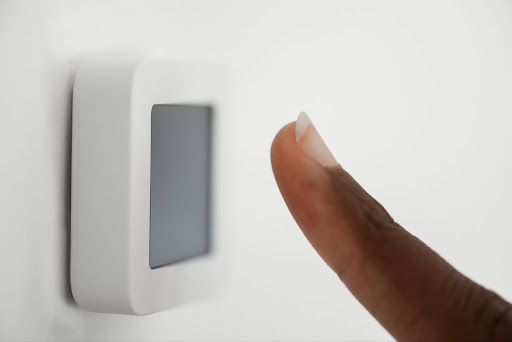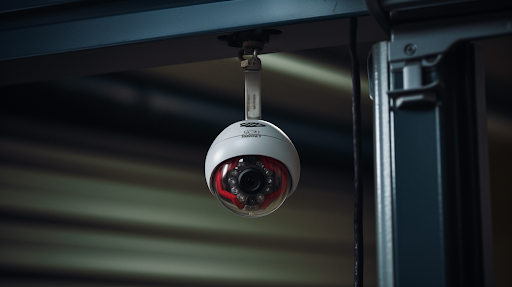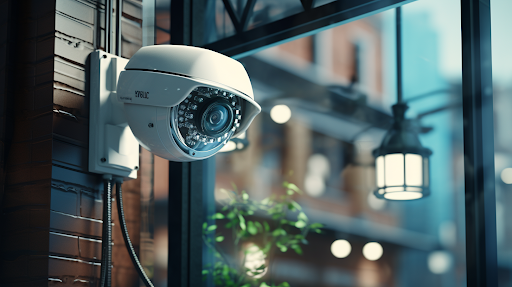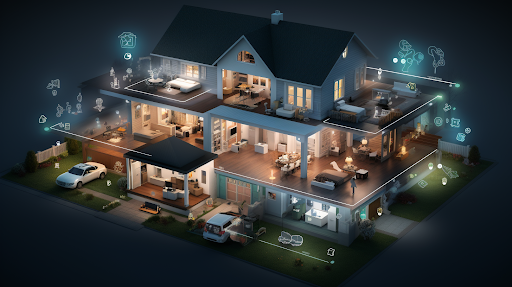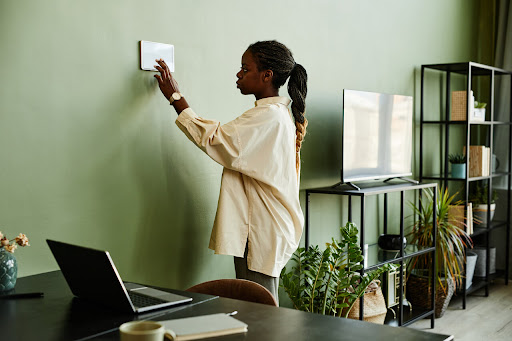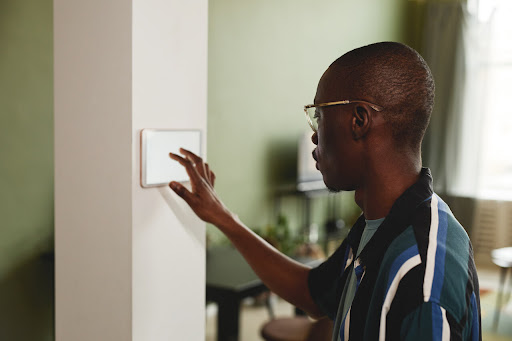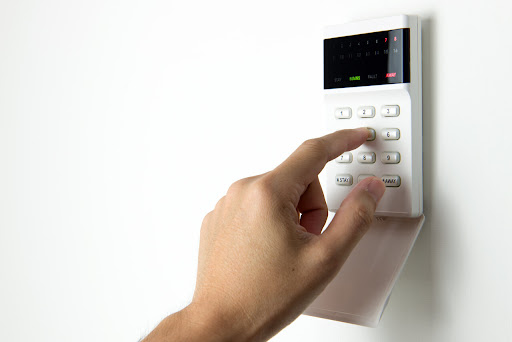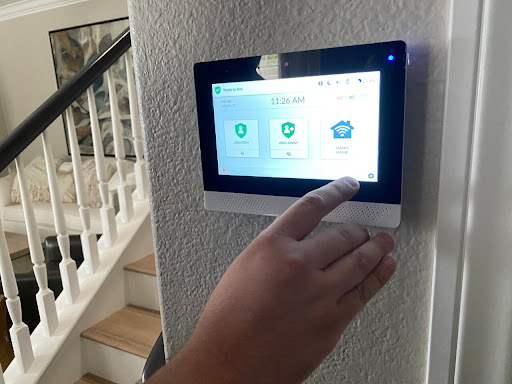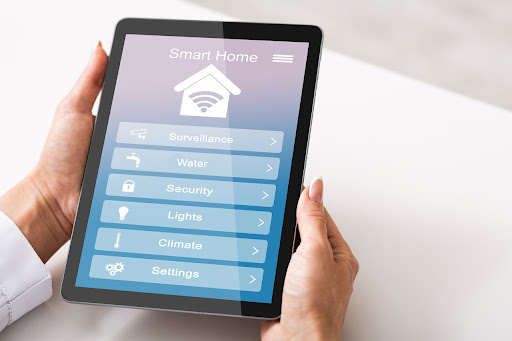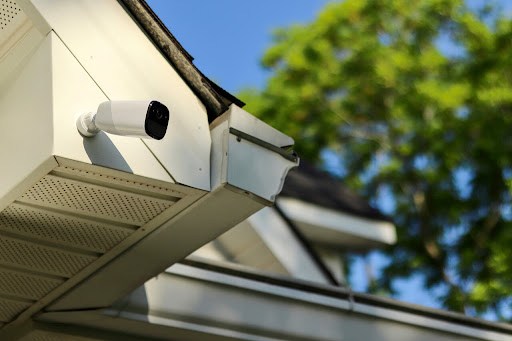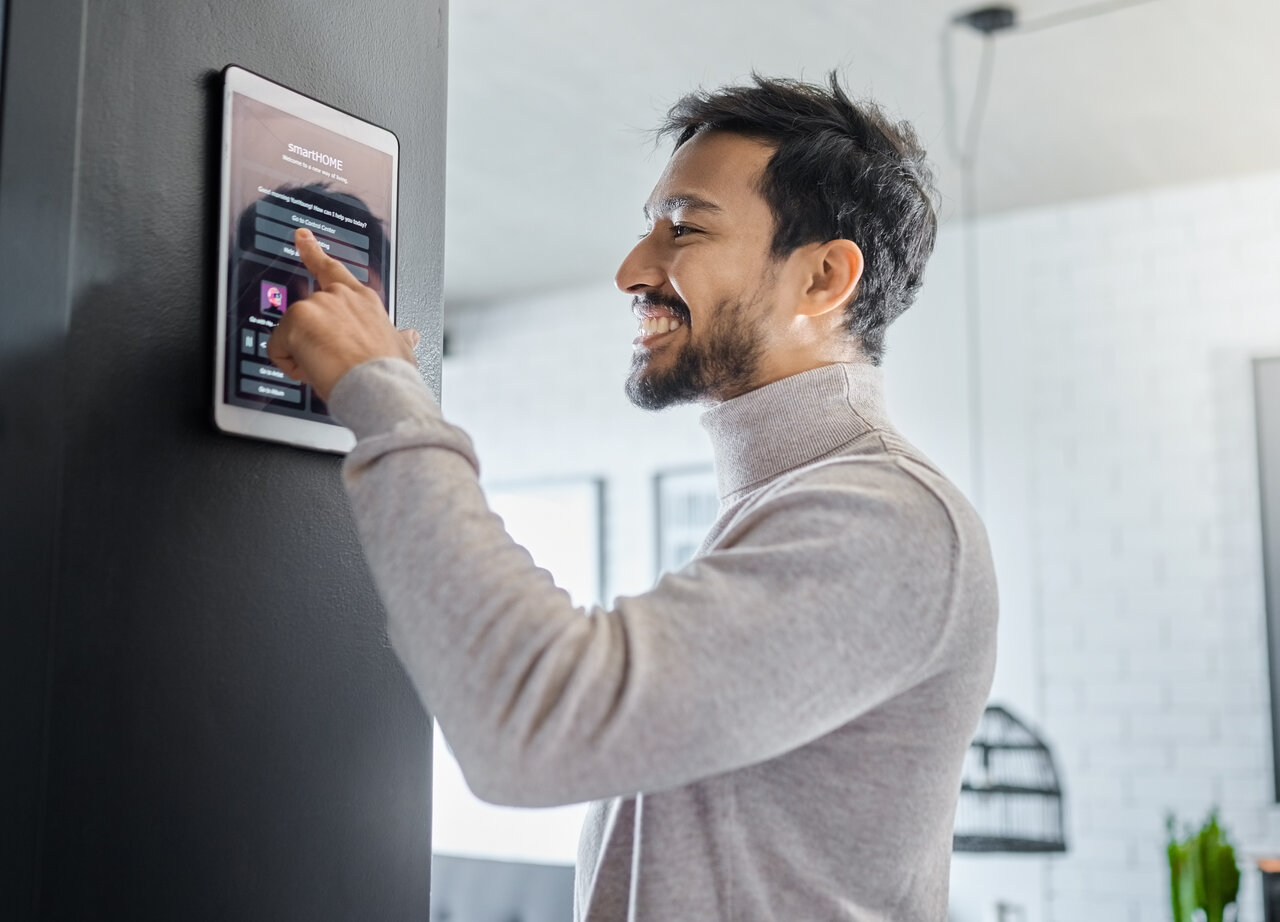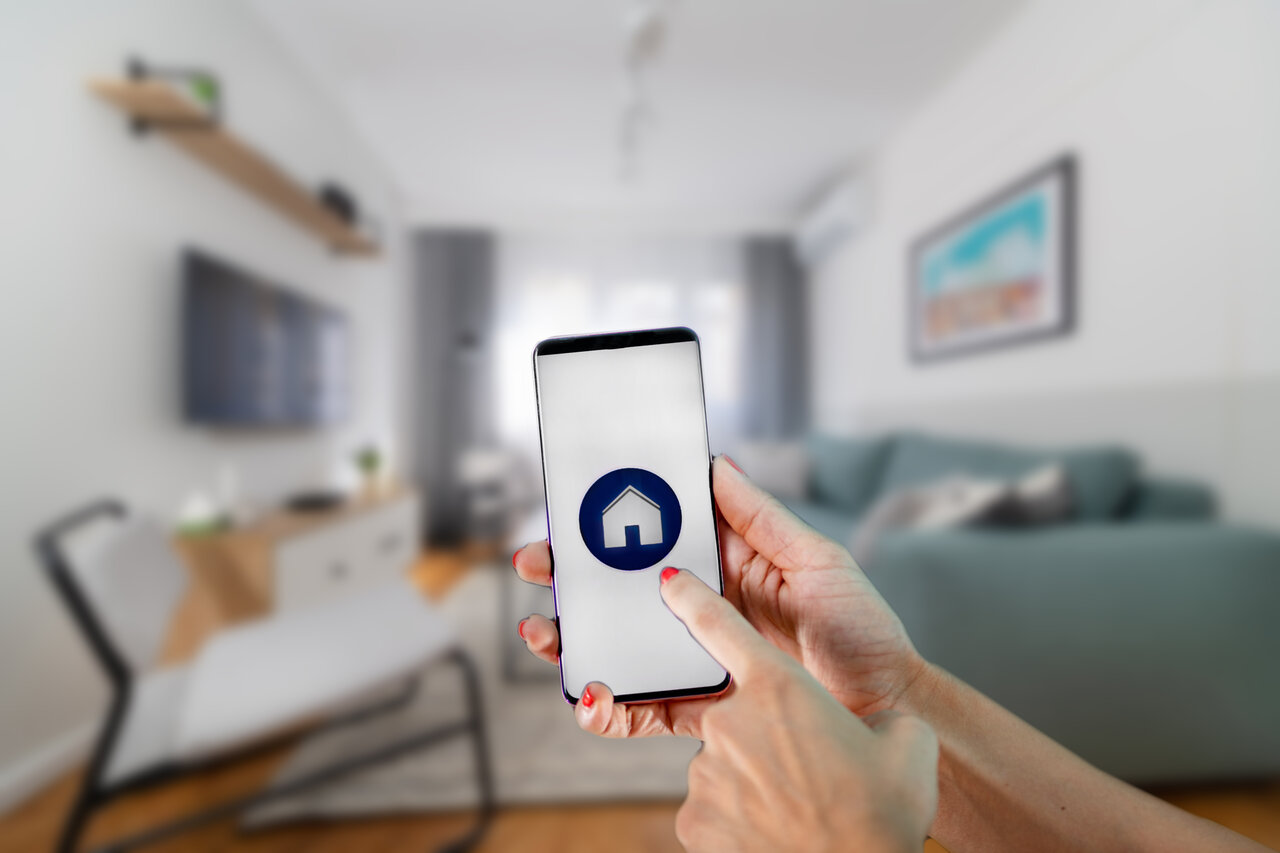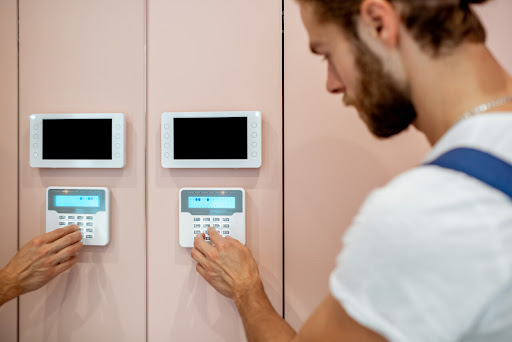
Can I Install a Home Alarm System Myself, or Do I Need Professional Installation?
Sommaire
- Considerations for DIY Installation
- Complexity Of The System
- Type Of Monitoring
- Equipment Needed
- Cost Comparison: DIY vs. Professional Installation
- Benefits of Professional Installation
- Expertise and Experience
- Customization and Tailored Solutions
- Integration with Other Systems
- Proper Wiring and Concealment
- Testing and Verification
- Long-Term Support and Maintenance
- Potential Challenges of DIY Installation
- Technical Knowledge and Expertise
- System Compatibility
- Sensor Placement and Coverage
- Wiring Complexity
- Time and Effort
- Lack of Professional Monitoring
- Limited Support and Warranty
- Choosing the Right Home Alarm System
- Shop For Home Alarm Systems
When it comes to safeguarding your home and ensuring the safety of your loved ones, installing a reliable home alarm system is a top priority. With the advancement of technology and the increasing availability of do-it-yourself (DIY) options, many homeowners wonder if they can handle the installation process themselves or if they should opt for professional installation. After all, the decision to protect your homes should be accompanied by the confidence that the alarm system is installed correctly and functioning optimally. In this blog post, we explain the pros and cons of DIY installation and professional installation for home alarm systems.
Considerations for DIY Installation
Many companies offer self-install kits that come with all the necessary security equipment and step-by-step instructions for installation, which eliminates installation fees. However, before opting for DIY installation, evaluating your technical knowledge and capabilities is crucial. Here are some factors to consider if you are thinking about installing your system yourself.
Complexity Of The System
One important factor to consider is the complexity of the security systems available in the market. Some systems are relatively straightforward to install, requiring basic tools and minimal technical know-how. These systems often come with wireless components that can be easily mounted or placed around your home. On the other hand, more advanced security systems may require drilling holes for wiring or integrating multiple components into a centralized hub.
Type Of Monitoring
Another consideration is whether you want professional monitoring options for your home alarm system. Professional monitoring services provide round-the-clock surveillance and immediate response from emergency services in case of a medical emergency. While some self-installation kits offer options for professional monitoring, most rely solely on self-monitoring through smartphone apps. If having professionals monitor your system is a priority for you, it’s worth considering professional installation as they can ensure proper setup and integration with their monitoring service.
Equipment Needed
Lastly, keep in mind that additional equipment may be required during DIY installation depending on your specific needs and preferences. For example, if you have a large property or want comprehensive coverage, you might need to purchase extra sensors or cameras separately. It’s important to factor in these additional costs when deciding between DIY installation and professional installation packages since some of them include all the necessary equipment right from the start while others require you to have equipment on hand.
Overall, while installing a home alarm system yourself can save money initially, it requires careful consideration of your technical skills and willingness to handle potential complexities. Assessing the security expertise required, considering professional monitoring options, and accounting for any additional equipment needs are all essential steps in making an informed decision about DIY installation versus professional installation.
Cost Comparison: DIY vs. Professional Installation
When it comes to installing a home alarm system, the costs can vary depending on whether you choose to do it yourself or hire a professional installation service. With a DIY installation, you have the advantage of saving on labor costs as you’ll be doing all the work yourself. However, keep in mind that you may need to purchase additional equipment such as wifi-enabled devices, motion sensors, window sensors, and entry sensors to ensure comprehensive security coverage. These additional expenses can add up quickly.
On the other hand, professional installation often includes a kit with all the necessary equipment for your home security needs. This eliminates the need for separate purchases and ensures that everything is compatible and properly installed. Additionally, many professional monitoring plans offer ongoing support and maintenance services which can provide peace of mind knowing that experts are keeping an eye on your home’s security 24/7. So, although initial and monthly costs may be higher, it is worth the money.
When comparing costs between DIY and professional installation, it’s important to consider not just the upfront expenses but also long-term savings. While DIY installation may seem cheaper initially, any mistakes made during the setup could lead to malfunctioning equipment or inadequate security coverage. This could result in additional expenses down the line if you need to purchase new equipment or pay for repairs. On the other hand, investing in professional installation may require a larger upfront payment but could potentially save you from costly mistakes in setup or maintenance.
Affordable home security system
Benefits of Professional Installation
When it comes to installing a home alarm system, opting for professional installation offers a range of benefits that can significantly enhance the security and effectiveness of your system. Although it comes at an extra cost, professional security system installation brings expertise, customization options, and peace of mind. Let’s explore some of the key advantages of professional installation:
Expertise and Experience
Professional installers are trained and experienced in the installation of home alarm systems. They possess in-depth knowledge of various types of systems, components, and industry standards. Their expertise allows them to assess your home’s unique layout and security needs, ensuring optimal sensor placement, wiring, and system configuration. With their knowledge, they can address any challenges or complexities that may arise during the installation process.
Customization and Tailored Solutions
Each home has its own security requirements, and professional installers can provide customized solutions that meet your specific needs. They can conduct a comprehensive assessment of your property, identify vulnerable areas, and suggest the most suitable components and configurations for maximum protection. The professional installation process allows for a higher level of customization, ensuring that your alarm system is tailored to your home’s layout and your security preferences.
Integration with Other Systems
In today’s interconnected world, many homeowners desire a comprehensive security system that integrates seamlessly with other smart home devices. Professional installers are well-versed in the integration of alarm systems with other technologies such as smart locks, surveillance cameras, lighting systems, and home automation platforms. They can ensure that your alarm system works harmoniously with other devices, providing you with a unified and convenient security solution.
Proper Wiring and Concealment
Wiring plays a critical role in the functionality and reliability of a home alarm system. Professional installers have the knowledge and skills to handle complex wiring requirements effectively. They can conceal wires and ensure that the installation is neat and aesthetically pleasing. Proper wiring minimizes the risk of malfunctions or tampering, making your system more robust and dependable.
Testing and Verification
After installing the alarm system, professional installers conduct thorough testing to verify its functionality. They ensure that all sensors, detectors, and control panels are working correctly, and they address any issues or discrepancies immediately. By performing comprehensive testing, they can guarantee that your system is fully operational and capable of providing the level of security you expect.
Long-Term Support and Maintenance
Professional installation often comes with ongoing support and maintenance options. Installers can provide guidance on system operation, troubleshooting, and necessary upgrades or expansions in the future. They can also offer monitoring services, where professionals monitor your alarm system 24/7 and respond promptly to alerts or emergencies. This level of support ensures that your system remains up-to-date, optimized, and effective in the long run.
Do home alarm systems deter burglars?
Potential Challenges of DIY Installation
While some individuals may possess the necessary technical skills and confidence to tackle a DIY installation successfully, others may encounter difficulties. Here are some potential challenges of DIY installation to consider:
Technical Knowledge and Expertise
DIY installation requires a certain level of technical knowledge and expertise. Depending on the complexity of the alarm system, you may need to understand wiring, programming, and device integration. If you are unfamiliar with these concepts or lack experience in handling such installations, you may face difficulties in setting up the system correctly.
System Compatibility
Selecting compatible components for your alarm system can be challenging, especially if you are sourcing them from different manufacturers. Ensuring that all the sensors, control panels, and other devices work seamlessly together requires extensive research and understanding of compatibility specifications. Mismatches or incompatible components may result in a system that fails to operate efficiently or at all.
Sensor Placement and Coverage
Proper sensor placement is crucial for effective security coverage. DIY installers may not have the same level of expertise as professionals when it comes to identifying optimal locations for sensors. Incorrect placement could result in blind spots or inadequate coverage, compromising the system’s overall effectiveness.
Wiring Complexity
Wiring is a critical aspect of alarm system installation, and it can be challenging for DIY installers. Different systems may have varying wiring requirements, and ensuring proper connections and concealment of wires can be time-consuming and complicated. You often need basic equipment such as ethernet cables, coaxial cables, and internet service wiring which can be difficult to acquire or it’s easy to get the wrong equipment. Mistakes in wiring can lead to false alarms, unreliable wireless network, malfunctioning sensors, or unreliable communication between system components.
Time and Effort
DIY installation requires a significant investment of time and effort. From planning and research to physical installation and troubleshooting, the process can be demanding, especially for individuals with busy schedules or limited availability. It is essential to allocate sufficient time and resources to complete the installation properly.
Lack of Professional Monitoring
Professional alarm system installation often includes options for 24/7 monitoring services from your security company. These services provide an additional layer of security, with experts monitoring your system and responding to alerts or emergencies promptly. DIY installations may not offer the same level of professional monitoring unless you subscribe to a third-party monitoring service.
Limited Support and Warranty
When installing a home alarm system yourself, you may face challenges in accessing comprehensive support and warranty services. Professional installers often provide ongoing support and maintenance options, ensuring that your system remains functional and up to date. DIY installations may limit your access to such services, potentially leaving you responsible for troubleshooting and repairs.
Choosing the Right Home Alarm System
When it comes to selecting the perfect home security setup, it’s crucial to carefully consider all the available options. Here are some of the key components you should consider:
- Do you want a wired or wireless security system?
- The level of protection you want (self-monitored or professional monitoring from a monitoring center)
- Additional features you’re interested in (motion detectors, security cameras, smoke alarms)
- Smart device compatibility (Google Home, smart lights, Amazon Alexa)
- Overall maintenance and installation costs
- Etc.
Shop For Home Alarm Systems
If you are looking for a comprehensive home alarm system starter kit, look no further than Sting Security. We understand how important your personal safety is, which is why we have curated a state-of-the-art residential security package designed to protect your home and your family without breaking the bank.
We have three residential security packages, with our most popular option including:
- Professional installation
- 24/7 professional monitoring
- Mobile app
- 3 door contacts
- 2 motion detectors
- Touch screen alarm panel
- Video doorbell
Our aim is to provide you with a comprehensive security system that seamlessly integrates with your digital life. Whilst our starter packages are easy to understand, we provide professional installation and ongoing support for any and all of your security needs.
